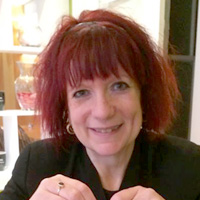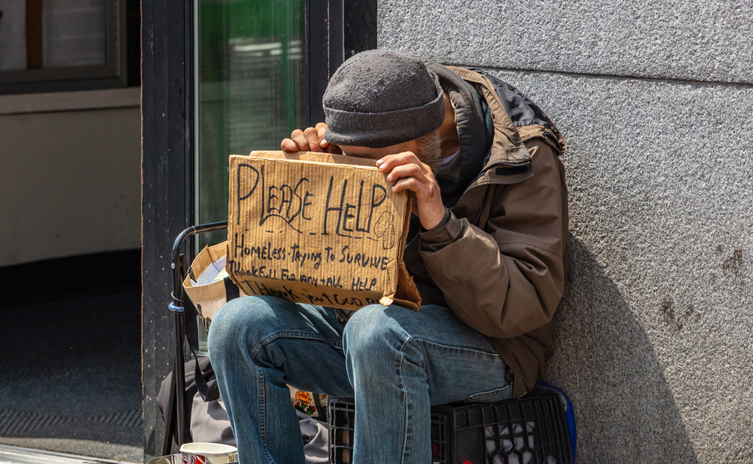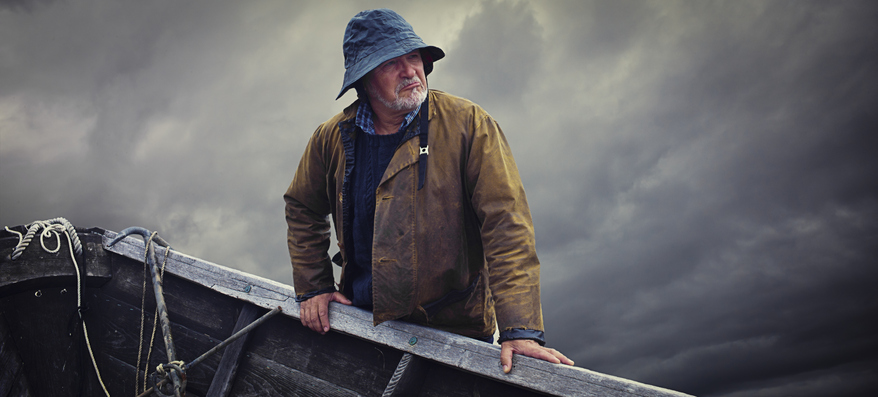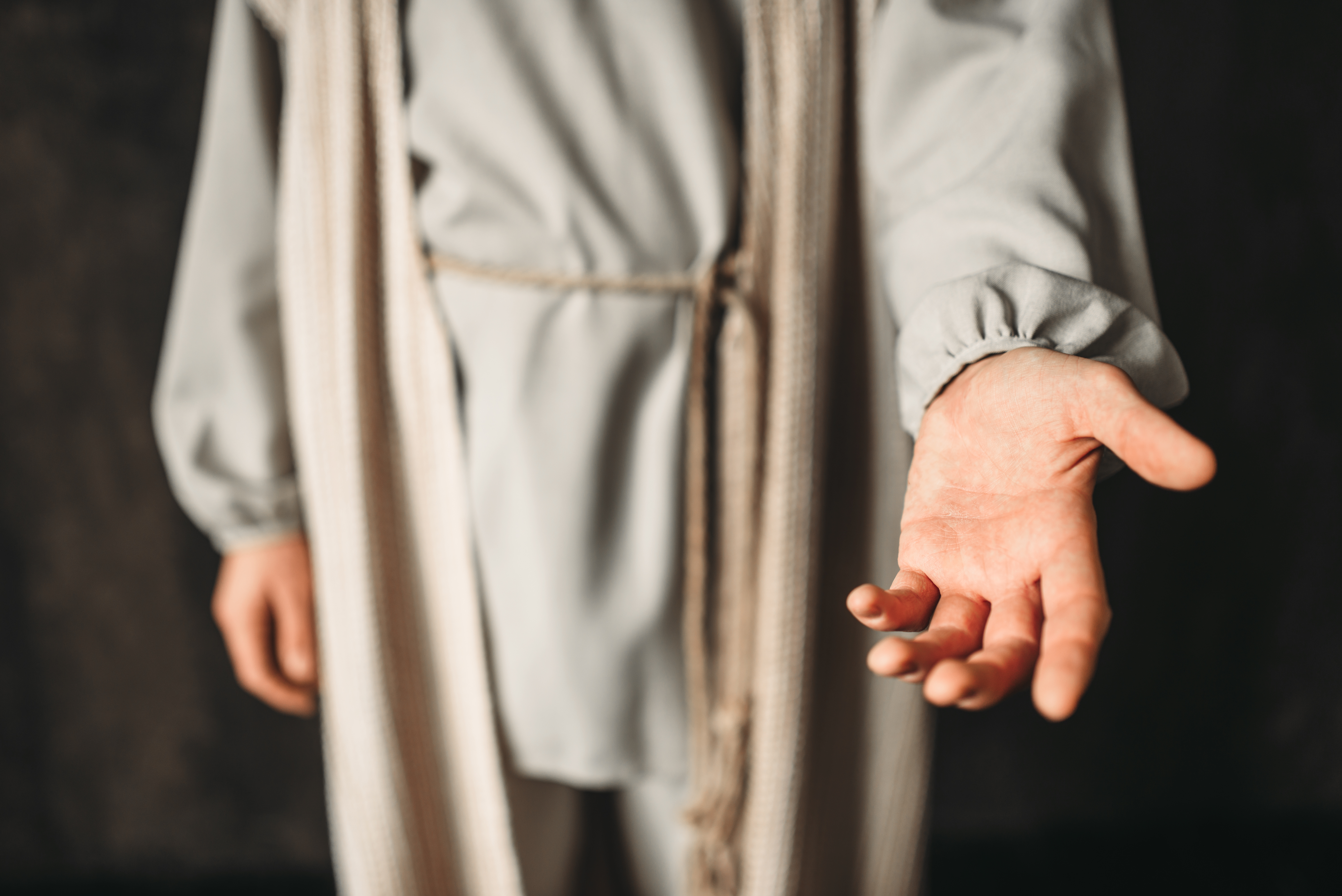Were you one of the cool kids at school?
I wasn’t, not until the very end of my high school career when I earned some respect by being dramatically anti-cool (which comes to me quite naturally!) and having people say things like, “you’re always reading something interesting.” But before that? At my small Catholic boarding school there was definitely a group of Mean Girls, and they had me in their sights.
I didn’t care about the Mean Girls. I overheard some of their conversations and they were completely vapid. But what I did care about was the sense of exclusion. Of being told I wasn’t good enough. Of there being this fabulous secret I wasn’t allowed to participate in.
I’ve grown up since then, but I’m not convinced the world has. We still set a lot of store (and waste a lot of energy) figuring out who’s in and who’s out. Who has the right to the secret, and who doesn’t. Who gets to be “in” and who sits alone and unwanted.
At one point, this custom of including some people in our “tribe” (as one word sociologists use to describe the some-are-in-and-some-are-out delineations) served humanity well. Resources were extremely limited and preference was given to humans who met certain criteria: the strongest, the smartest, the most likely to bear children… the ones the tribe needed most. Once that early circle could be enlarged, it was enlarged only by admitting those with whom members of the original group felt some affinity. Initially this meant only family members. Eventually, as human settlements grew, it came to include those who felt the most familiar to the tribal group: who looked, talked, acted like them.
This tribalism served a purpose in Israel’s history. When you are a nation in diaspora, you must have ways of identifying each other, of ensuring the survival of your race or religion—in other words, of your community. There are strict laws that must be followed in every area of life: what can be eaten, how animals are to be slaughtered, what women can wear, who one can do business with. Losing those laws would mean losing your identity.
And then along came Jesus and messed it all up.
Today’s readings practically sing off the page, don’t they? They speak of hope, of a new way of being in the world, of something bright and sparking and fresh. Isaiah foretells this new world even as he foretold so much more about Christ’s coming: “The foreigners who join themselves to the Lord (…), them I will bring to my holy mountain and make joyful in my house of prayer.” Wait—foreigners? Saint Paul, for his part, is very specific about wanting to open up the Church to “make my race jealous and thus save some of them.” Wait—allow everyone in?
And Saint Matthew tells us where this is all leading. Because Jesus is not only the Son of God, he is also a product of his culture—of his tribal identity. And in this scene he initially tries to stick to the rules and boundaries of that identity. “I was sent only to the lost sheep of Israel,” he tells the Canaanite who seeks his help.
She is having none of it. She knows he is bigger than that. She argues. He demurs. She insists. And Jesus sees where this is going. “O woman,” he says, almost in wonder, “great is your faith!”
Every word of these readings sings out one beautiful grace: inclusion. The old ways of tribalism worked for a while, but that time is over. We are entering a new time, the time of the Kingdom, the time of Christ, when all things—including relationships—are made new. When followers of Jesus can be anyone, from any tribe, from any race, speaking any language. There is but one requirement: to have faith.
I don’t think we today can understand just how earth-shattering that was, a sea-change in the way humanity understood its relationship with God and with each other. For centuries the old tribalism, the clear ways of excluding “others” and welcoming only “one’s own,” were part of life—but now humanity was being called to a new life, one where there is neither male nor female, Jew nor Greek, but where all were part of one new vibrant caring community: the community of faith.
This is the antithesis of the Mean Girls. It is the antithesis of anyone who excludes others based on a false sense of belonging, whether that’s to a tribe, a nation, a political party, a gender, a race. What history has taught us, over and over again, is that tribalism doesn’t work for the world, not in the long run, yet even today we cling to it because at some level keeping “us” safe seems to mean keeping “them” out.
Today’s reading assure us of one thing: we can do better. We are very specifically called to do better. We are called to spread the Good News to everyone, no matter whether they look like us, or speak like us, or think like us.
If the whole world is good enough for Jesus to love, then why isn’t it good enough for us?
We live in a time of uncertainty. Our economic future is bleak; thousands of people are dying every day of a virus we’re only beginning to understand; homelessness, unemployment, a lack of adequate health care all plague us. It is in many ways a time of crisis. It’s easy to stay there, in that state of fear, and to look for people to blame for it.
Or we can choose the Gospel. Choose freedom over fear. Choose Christ over greed. That’s the only requirement: making that choice, living out that choice.
It’s one the Mean Girls never made. But we can do it… can’t we?

Jeannette de Beauvoir is a writer and editor with the digital department of Pauline Books & Media, working on projects as disparate as newsletters, book clubs, ebooks, and retreats that support the apostolate of the Daughters of St. Paul at http://www.pauline.org.












